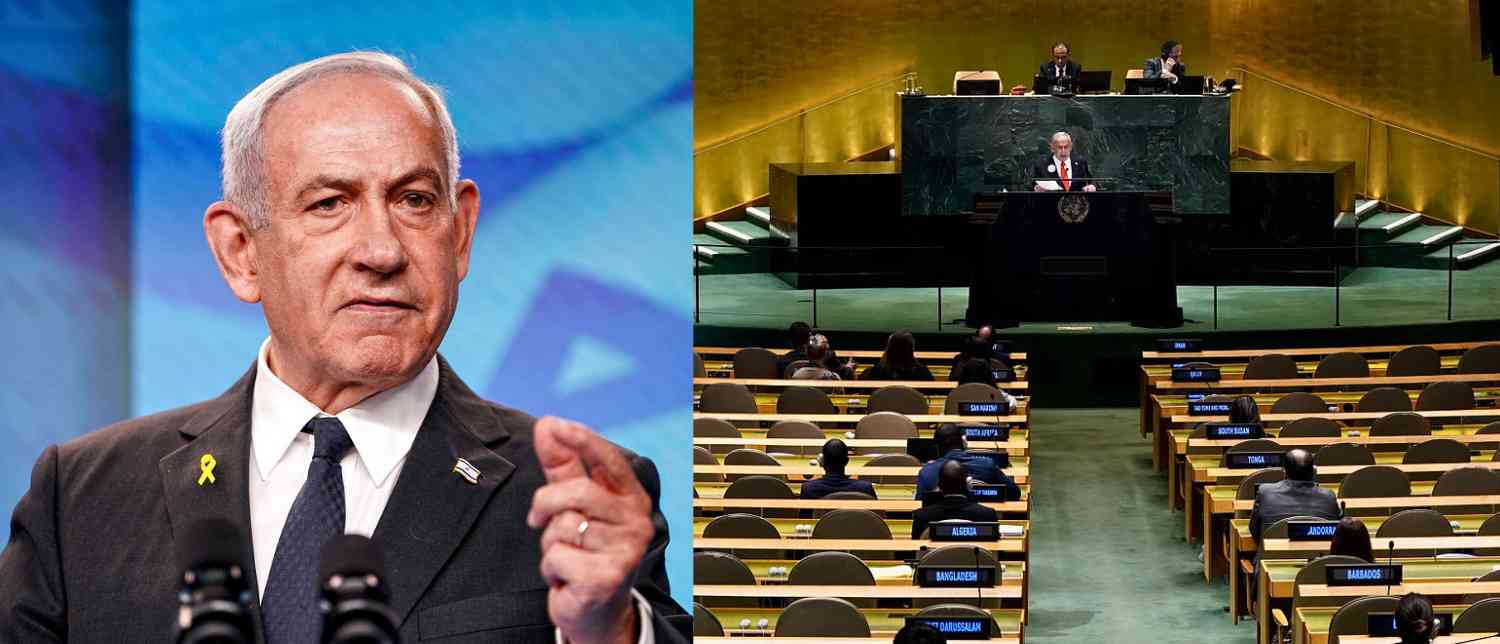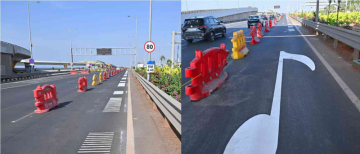Israel’s Prime Minister Benjamin Netanyahu faced an unusual scene at the United Nations this week. As he walked to the podium to deliver his annual address, many delegates from different countries left the hall, leaving rows of empty seats behind. His speech went on for nearly half an hour, but the images of large vacant spaces in the UN General Assembly have already become a talking point in world politics.
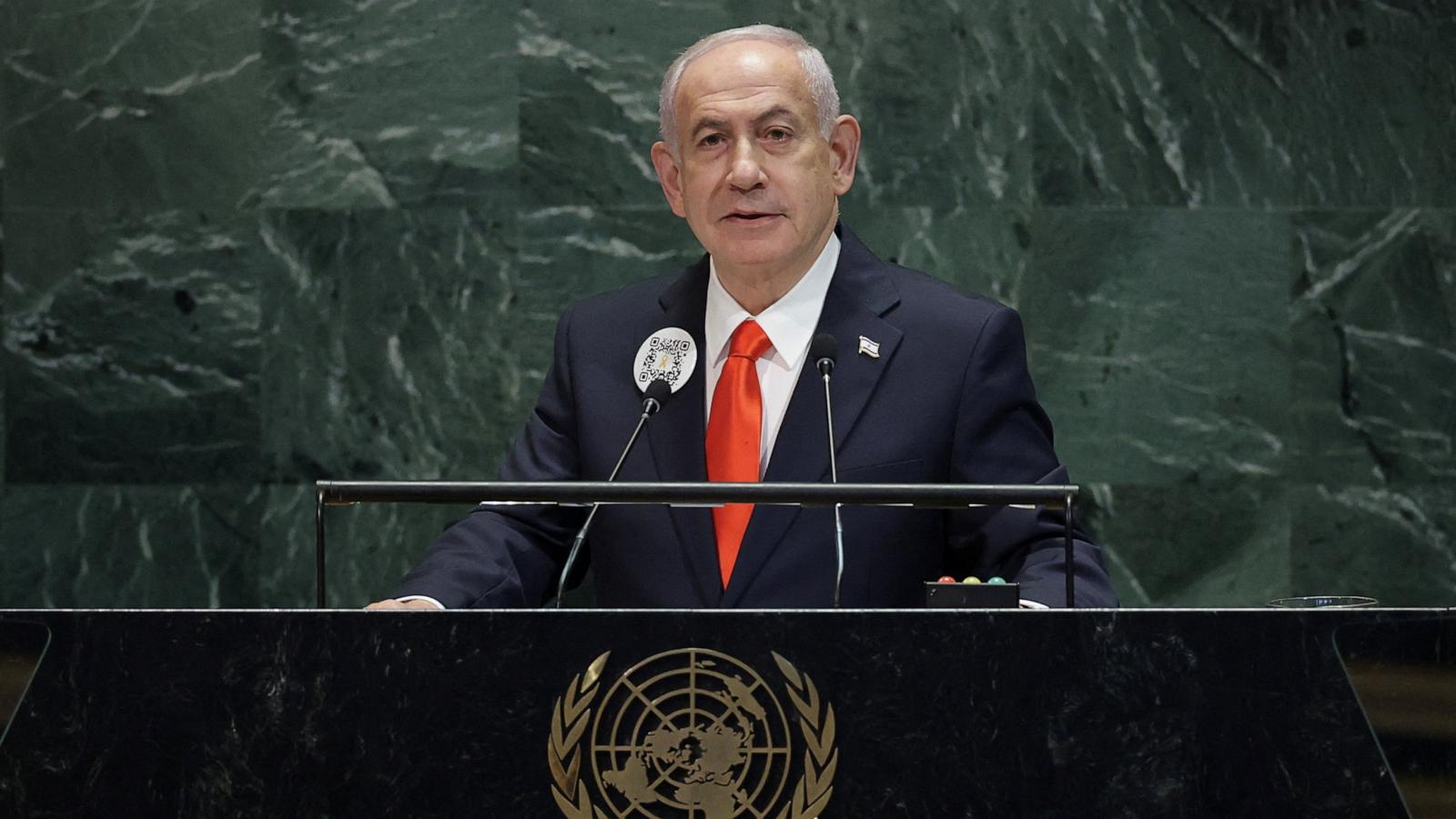
Netanyahu’s speech came during the high-level UN General Assembly in New York, where leaders from across the world gather each year to discuss global issues. The walkout happened mainly when his speech turned toward the subject of the Gaza conflict and Israel’s policies in the region. Several representatives from countries sympathetic to the Palestinians decided to step out in protest. Their absence was clear to everyone in the hall and was also caught on live cameras that broadcast the event worldwide.
The decision to leave was a form of silent protest rather than loud interruption. By doing so, the delegates expressed disagreement with Netanyahu’s remarks without directly confronting him in words. For the UN, such gestures have become common over the years whenever leaders raise sensitive or controversial issues.
Despite the walkout, Netanyahu continued his address in a firm tone. He said Israel has the right to defend itself against attacks from Hamas and other groups. He also criticised Iran for providing support to what he called “forces of terror” in the region. His message was that Israel will not “stand down” and will continue to protect its people at all costs. Netanyahu also highlighted Israel’s growing relations with some countries that only a decade ago would not openly engage with his government.
He reminded the assembly of recent diplomatic steps between Israel and nations in the Middle East and Africa. To him, this was proof that co-operation with Israel is possible even amid ongoing tensions with Palestinians. His words attempted to paint a picture of progress, but the almost-empty hall told a different story about the divisions inside the UN.
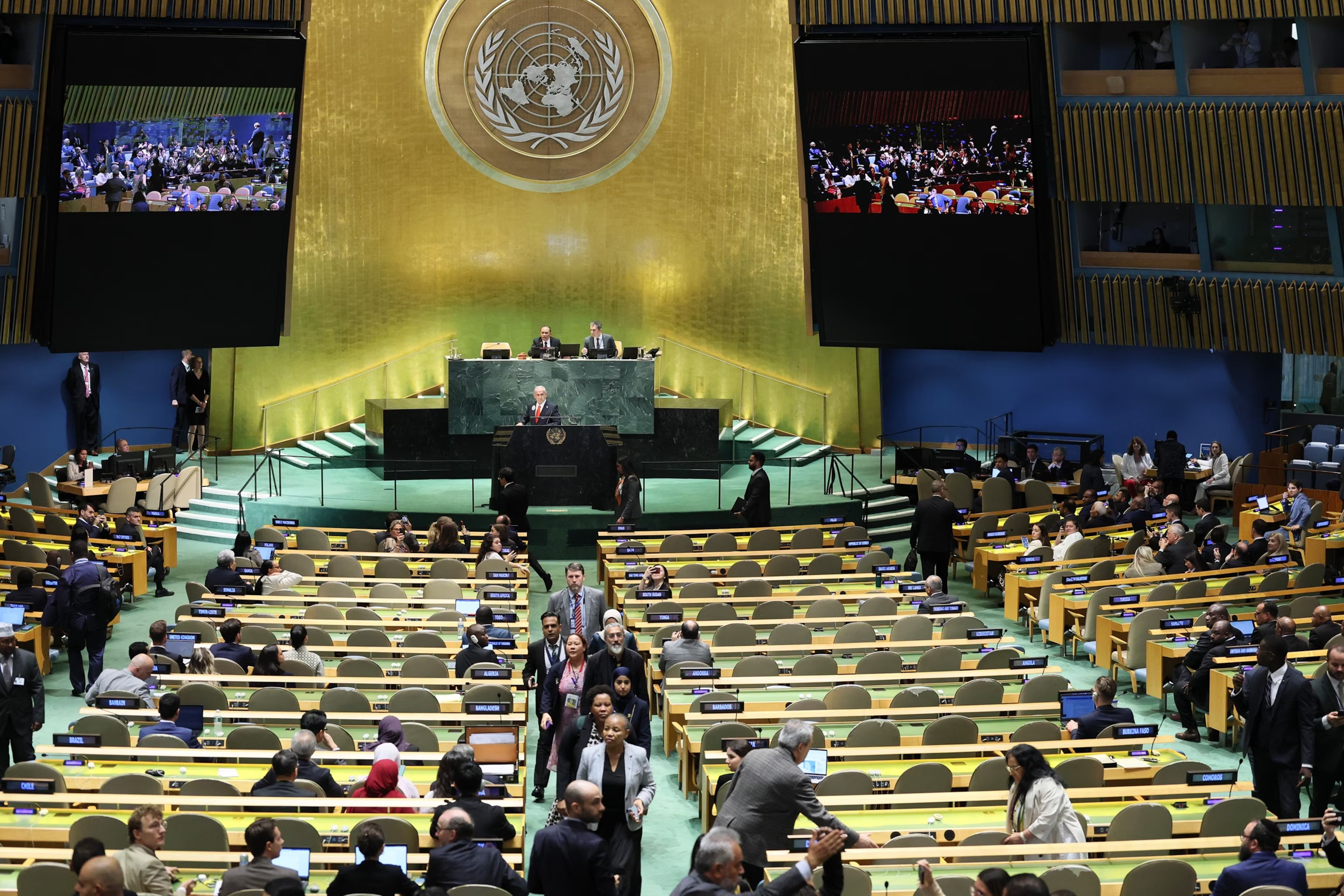
The United Nations is designed as a forum where all nations, no matter how big or small, can speak and be heard. A walkout at such a stage is symbolic. It does not cancel a speech, but it does show how heated and unresolved the debate over Israel’s policies has become. While some countries, especially those in the West, strongly support Israel’s right to defend itself, others view its military actions in Gaza and its settlement policies as excessive and harmful to peace.
For Netanyahu, this was a difficult moment to manage. He wanted to send a powerful message to the world, but instead, the empty seats became the strongest image of the day. It suggested that many governments are not willing to even listen to the Israeli argument unless there is a shift in policy.
Political observers explained that such gestures at the UN can have long-term consequences. Countries that walked out might strengthen ties with the Palestinian representatives and use the move as a signal back home to show they stand against Israel’s actions. Meanwhile, Netanyahu’s supporters argue that protests inside the UN do not change ground realities and that Israel cannot compromise on its security.
Some analysts believe the walkout also shows the changing global mood. Younger populations in many countries are more vocal about humanitarian concerns, particularly about civilian suffering in conflict zones like Gaza. This shift is beginning to shape how governments act on the international stage.
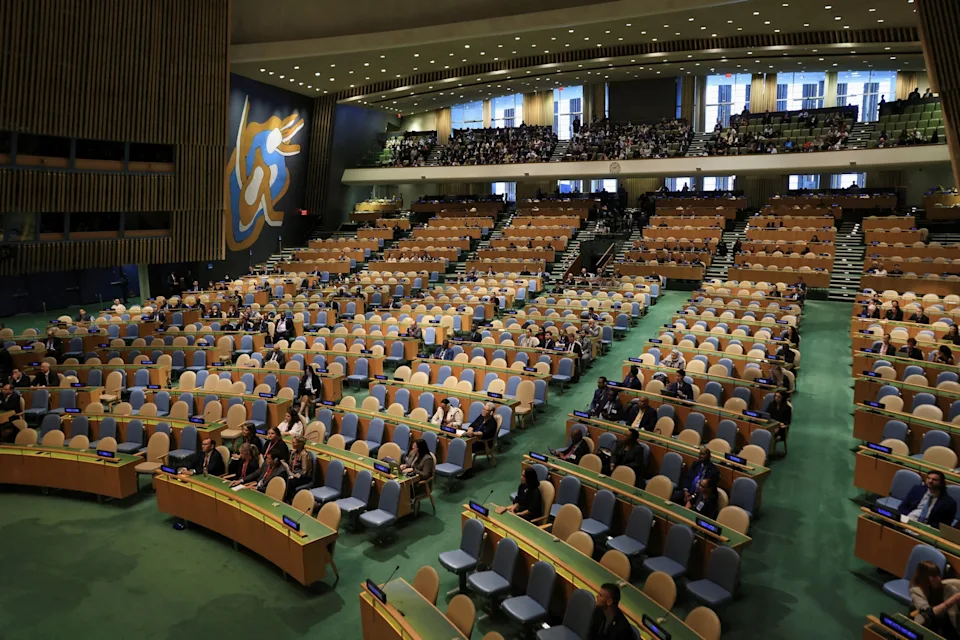
Others caution that symbolic protests do not always lead to real solutions. The UN itself often struggles to enforce any binding decision when nations disagree strongly. Thus, while the walkout delivered a message, it does not replace the difficult work of diplomacy and negotiation needed to find peace.
The walkout during Netanyahu’s UN speech highlights how deeply divided the international community remains over the Israel-Palestine issue. More importantly, it shows how symbolism often matters as much as words in global politics. An empty seat is not simply a chair left unoccupied; it is also a message about frustration, anger, and refusal to engage.
Yet, the incident also reinforces the importance of dialogue. By leaving the room, nations made their point, but meaningful progress toward peace requires all voices to be heard, even the ones that are unpopular. If future UN sessions continue to see such walkouts, the risk is that members may talk only to those they already agree with, making compromise even harder.
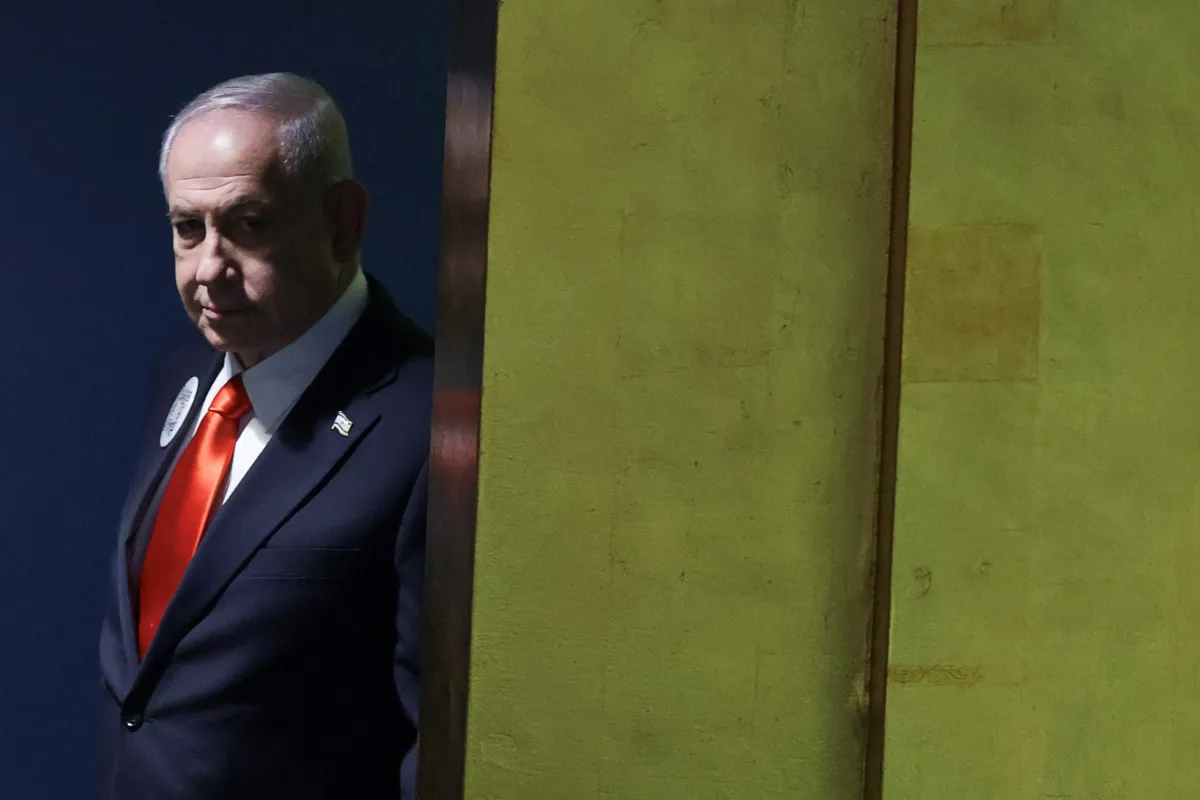
As the cameras shifted from Netanyahu’s words to the echoing hall of empty chairs, one lesson became clear: in global politics, silence and absence can sometimes speak louder than speeches.
With inputs from agencies
Image Source: Multiple agencies
© Copyright 2025. All Rights Reserved. Powered by Vygr Media.

